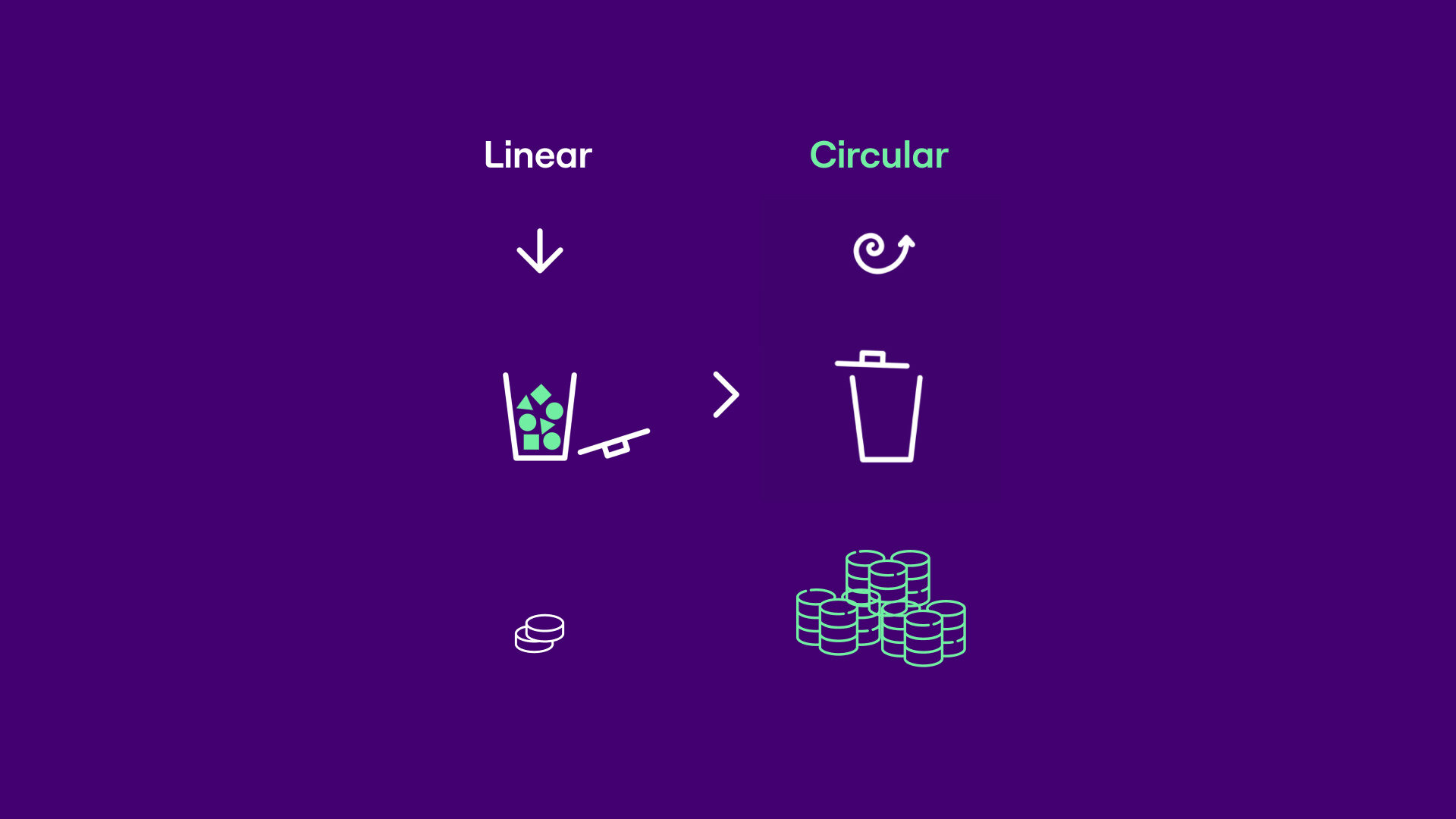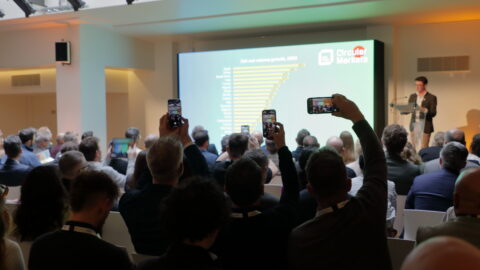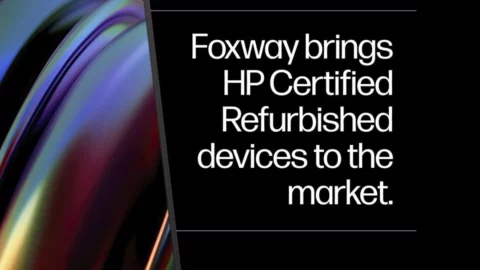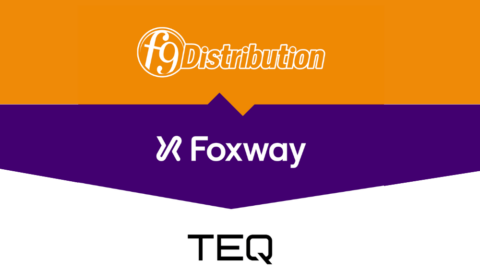Recommerce, as part of the circular economy, inspires individuals and businesses to rethink how they source their products, buy and consume because, as the world’s climate changes and the cost of living rises, the way we consume our products has never mattered more.
Circular business models as part of recommerce — such as reverse logistics, refurbishment, resale and repair — are increasingly gaining attention in Europe and worldwide to help build long-term growth and tackle global challenges, including climate change, pollution and supply chains.
One such area that is booming despite the global challenges is digital devices like laptops and mobile phones.
Customers and businesses are discovering new uses for out-of-date mobile phones or computers and combating electronic waste. Similarly, circular tech brands are overcoming supply issues by unearthing reusable resources in older-model electronics that consumers widely use.
The electronics recommerce market has recently enabled innovative approaches to reclaim value from used electronics. Many retailers have discovered device buyback as a way to increase customer loyalty and their impact on the circular economy.
Brands are embracing recommerce
Brands are beginning to incorporate recommerce into their overall brand strategy. Yettel, a telecommunications brand introduced in 2022 in Bulgaria, launched a successful mobile phone buyback program in collaboration with Foxway. By now, the brand has officially included the topic of e-waste collection in its Sustainability Strategy 2028, published in 2022. Network operators can prevent older devices from going to landfill while offering their customers an environmentally friendly way to upgrade.
Brands will benefit from the retention of existing clients and increase customer loyalty. Brands in the telecommunications industry see success as having dedicated programs that allow customers to return used merchandise in exchange for a discount on new purchases.
Device trade-in and buyback solutions ensure quality standards on the aftermarket and relieve any concerns about data security and proper recycling.
Thus, it creates a type of two-pronged sustainability approach.
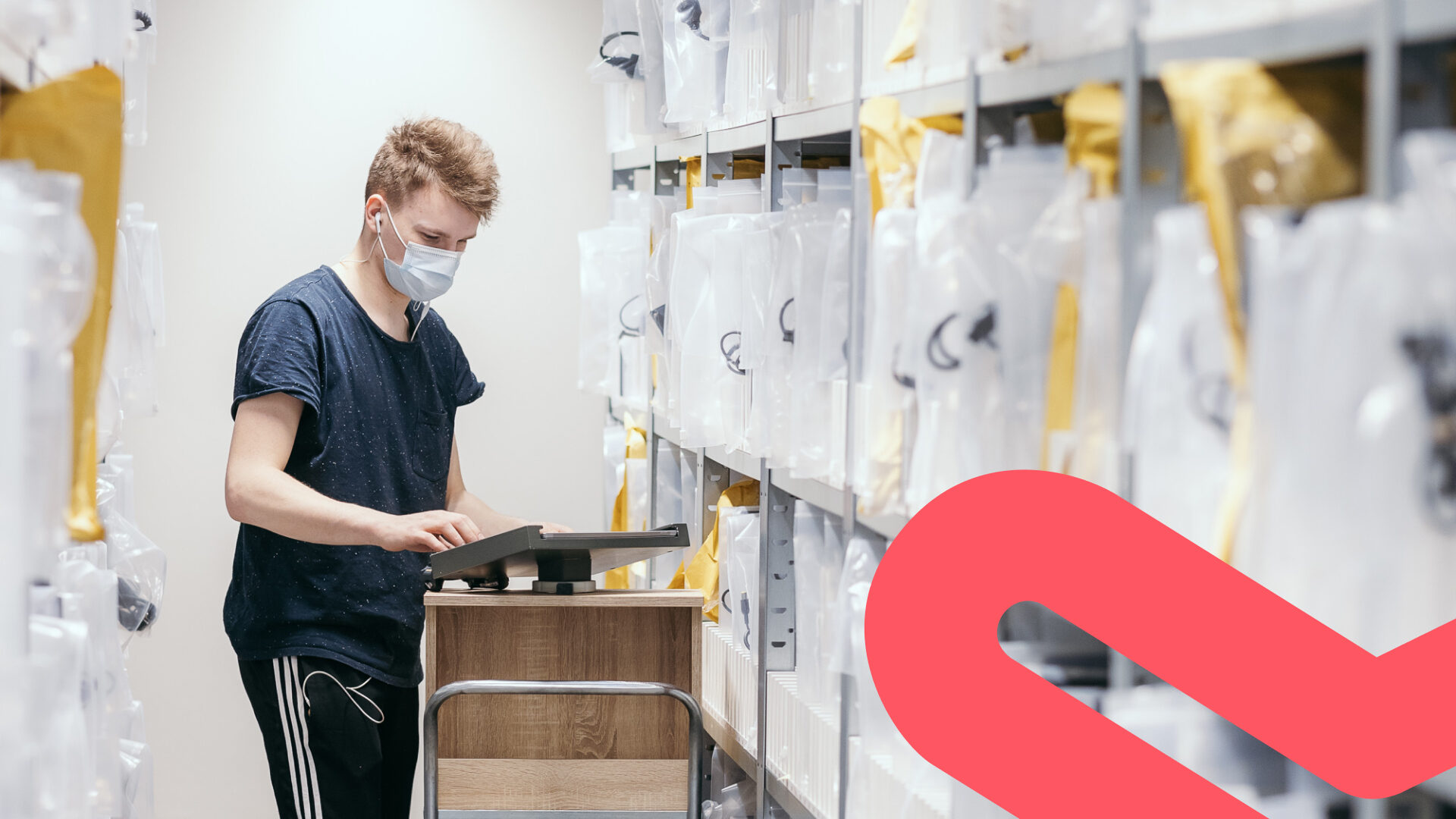
Recommerce in numbers
Foxway processed 1.6 million devices in 2022 from our collective partners, with 1 million refurbished and reused in 2022. Combined, these refurbished and reused devices reduced the environmental footprint by 121,000 tons CO2e in 2022 alone.
Moreover, not only have we reduced CO2 levels, we have seen an increase of 39% in company growth compared to the previous year, with demand for used smart devices exceptionally high in Scandinavia, France, and Italy, making up around 40% of sales.
Reports from Asia also display impressive growth numbers, with 92% of consumers purchasing reused, repaired, like-new products from sellers.
It is evident then that recommerce is not a trend but a viable business revenue model that services a growing consumer market.
How do brands adopt a recommerce business model?
If a brand still needs to, it should look into ways to incorporate recommerce into its digital experience.
However, the most crucial element, above all, is authenticity.
Only push a recommerce message if your brand can deliver on it. Too many brands publicly communicate that they embrace sustainability only to be called out for greenwashing because they do not have any initiative to back up their words.
Of course, with a bet on recommerce comes profits and challenges.
The most paramount of these is dealing with supply chain issues and returns, also known as reverse logistics. Reverse logistics is where goods from customers go back to the sellers or manufacturers, like mobile phones or laptops.
Reverse logistics begins at the end consumer, moving back to the third-party refurbisher to even the manufacturer. Reverse logistics may include processes where the end consumer is responsible for the product’s final disposal, including recycling, refurbishing, or resale.
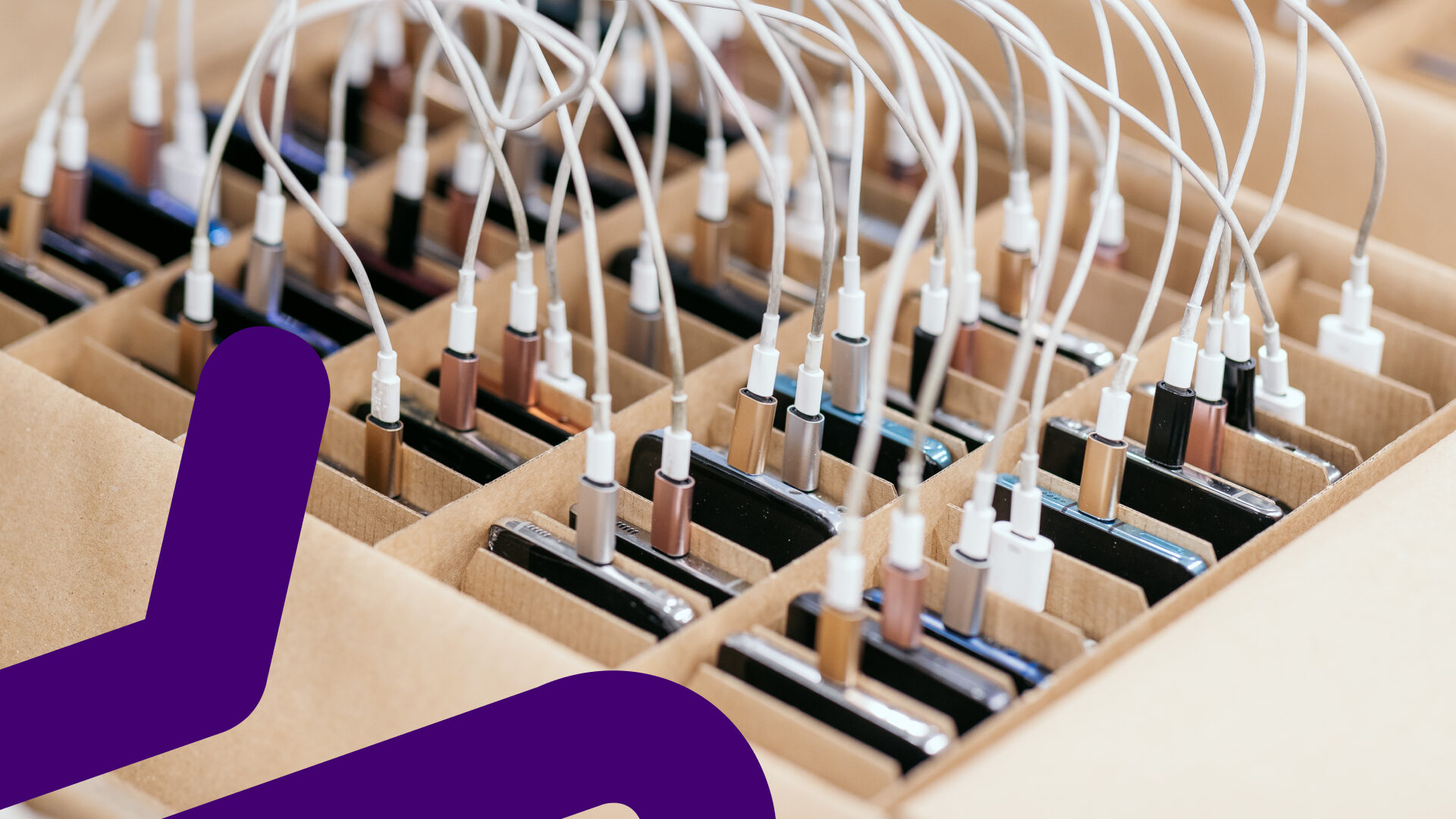
Simply put, by selling used and obsolete electronics through reverse logistics, brands can obtain more value from their older products and convert them into added income.
An excellent way to work out this solution is to work with specialists to help manage the difficulties associated with storing recovered goods, or that reused products meet quality standards before they are released and resold to new owners.
A recommerce business model is a unique circular business model, helping customers through a holistic circular service – that includes everything from purchasing IT products to taking them back and reusing and refurbishing them. The model has made companies like Foxway stand out in the sustainability industry. As one of few companies, we offer an overall solution that provides circular services throughout the entire chain, including:
- reverse logistics;
- purchasing end-of-life devices;
- buyback & trade-ins;
- and finally, resale.
Building a thriving recommerce business
With recommerce, there is an excellent solution to follow the green business path while focusing on growth.
At Foxway, we know managing a retail business is challenging.
However, younger generations make buying decisions significantly differently than older ones; for those brands and retailers operating in their industry for decades, with a change in approach, they will retain their position and find it easier to keep loyal customers.
One of the solutions to these problems is to have a recommerce business model where brands can experience significant revenue growth. After all, it is business suicide not to take advantage of a customer base needing to buy sustainably.
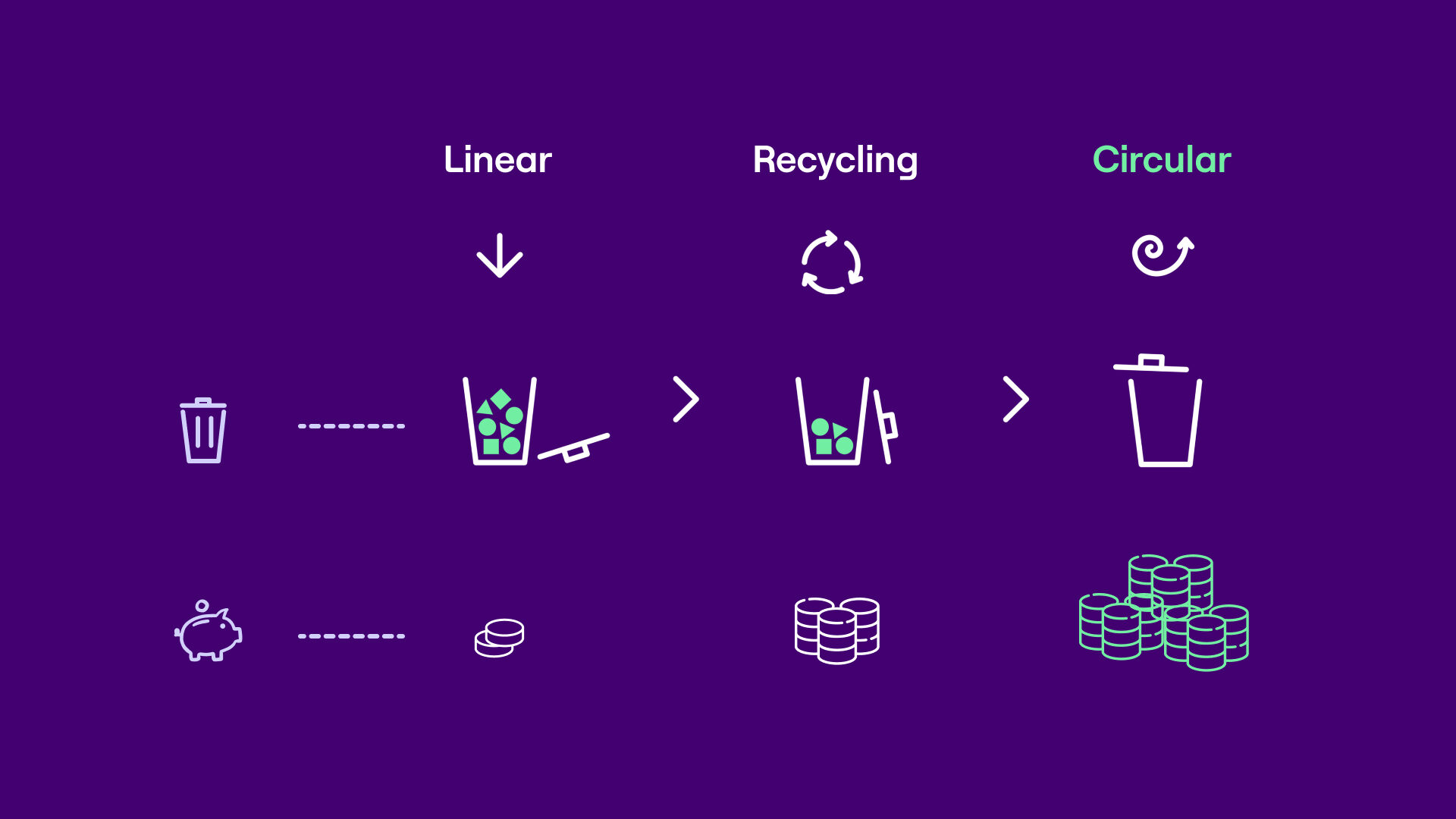
The recent rise in the reverse logistics of used devices is a profitable step toward sustainable solutions and a new lease of life for unneeded products.
It is also an opportunity for consumers to declutter homes, reorganize their closets and shelves, and at the same time earn some money or buy things at affordable prices. No wonder consumers are eager to take advantage of brands offering these possibilities, helping to reduce waste within consumerism.
Recommerce Retail & Online Buyback Buyback Sustainability
